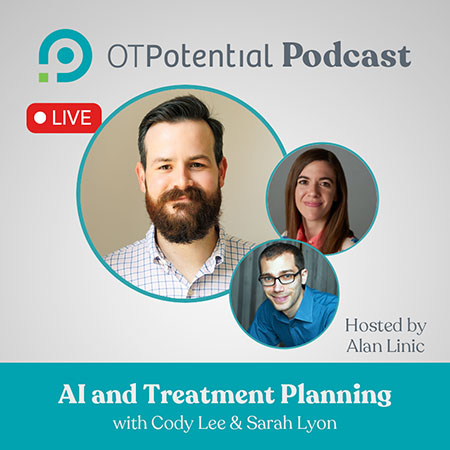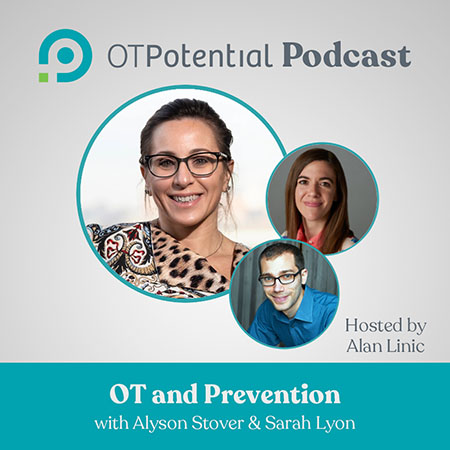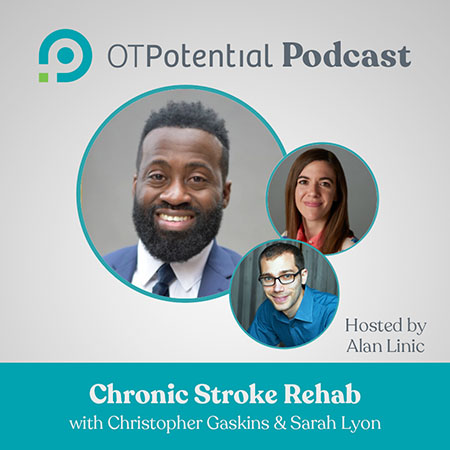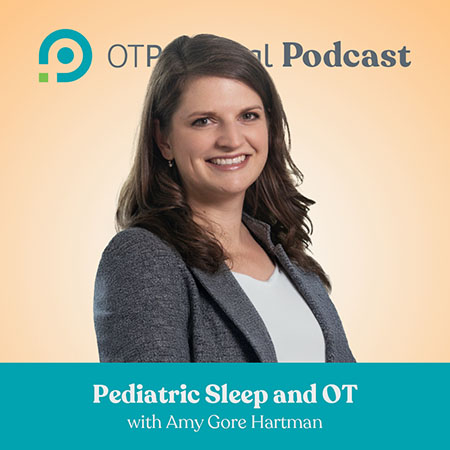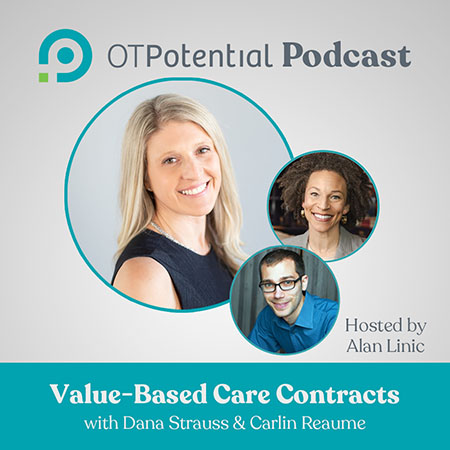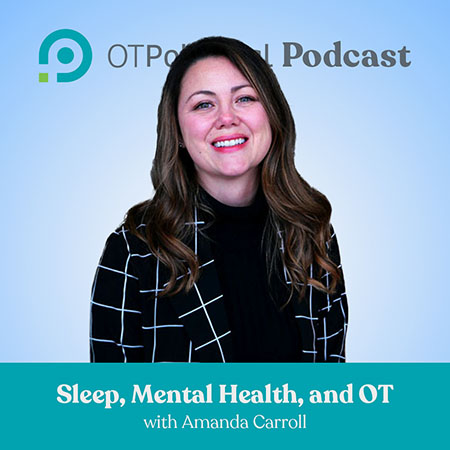Earn 1 hour of continuing education by joining OT Potential after taking this course.
The number of OT entry-level doctoral (OTD) programs has been expanding rapidly. In 2017 there were 7 programs. As of 2023, there are 95, with an additional 76 in development.
The article we’ll explore in this course presents early stage research on the doctoral capstone experience and employment opportunities. It backs up what I have now personally observed through mentoring a student: that doctoral students are uniquely prepared for more diverse job opportunities, and sometimes jobs are even created due to the clear value of the capstone experience.
There seems to be a benefit for the profession as a whole, in terms of increased awareness. (Our Achilles heel!)
After we review the article, I’ll welcome our own student, Alana Woolley, and her capstone coordinator, Daniel Rortvedt. Our goal will be to help you decide if you should be a capstone mentor, and shed light on the experience from 3 perspectives.
Primary Journal Article Explored
When you log in, be sure to check out the OT Potential Club’s written breakdown of the following research article. Then, share your questions and thoughts with fellow practitioners.
Capstone Resources
- The OT Potential Capstone Catalog
- See Alana Woolley’s Capstone Project
Supporting Research and Journal Articles
Learning Objectives
- You will be able to recognize how the OTD capstone experience can influence employment opportunities.
- You will be able to identify how the OTD capstone can boost overall awareness of the OT profession.
Agenda
Intro (5 minutes)
Breakdown and analysis of journal article (5 minutes)
- 00:00:00 Intro
- 00:01:25 Course details
- 00:03:09 What is the occupational therapy doctoral capstone?
- 00:04:31 Previous research on the OT doctorate and capstone
- 00:05:54 Purpose of this paper
- 00:06:15 Methods
- 00:06:48 Results
- 00:11:55 Article Discussion and Implications
- 00:13:41 Intro to Alana Woolley and Daniel Rortvedt
Discussion on practical implications for OTs (50 minutes)
- 00:17:11 Dan and Alana Backstory
- 00:20:13 Article Impressions
- 00:26:46 Advice for finding the right focus area and mentor
- 00:33:15 Advice for saying “yes” to a student?
- 00:38:13 How does the capstone experience feel different from the rest of your education?
- 00:43:09 What are 3 pitfalls mentors/mentees should avoid?
- 00:48:10 Due to capstone, have you seen a ripple effect of OT awareness?
- 00:50:19 What is one way the capstone process could be improved?
- 00:53:54 What is one piece of advice you have for capstone mentors or students?
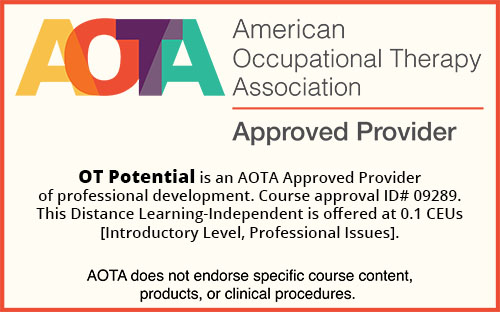
Instructional Methods/Registration/Special Needs Requests/Cancellation Policy
This course is an independent/self-study course delivered via podcast on iTunes, Spotify, Google Play & more.
If you need accommodations to take this course, please contact us and we will address your needs on an individual basis.
If we cancel a promoted course, event, live stream, or any other paid CEU offering prior to release, and you subscribe explicitly for said offering, you are eligible for a full refund if you did not complete and earn any other CEU quizzes or certificates during your subscription.
If a live webinar is cancelled that you signed up for, our system will automatically generate an email to you and if possible, we will inform you of the rescheduled date. Our most current webinar schedule will be found at: otpotential.com/live-ot-ceu-webinars.
Course Completion Requirements
In order to receive a certificate for this course, you must first participate in the podcast/webinar in its entirety. Then, you will need to take the quiz that will accompany the course and earn 75% or higher. If you pass, a certificate will be automatically generated and sent to your email. Quizzes for live (distance learning–interactive) webinars must be completed within 3 days of completing the webinar.
Target Audience/Educational Level
Our target audience is occupational therapy practitioners who are looking to learn about Making the OTD Capstone Matter. The educational level is introductory.
Financial and Non-financial Disclosures
It is the policy of OT Potential to disclose any financial and non-financial interest the provider or instructor may have in a product or service mentioned during an activity. This is to ensure that the audience is made aware of any bias of the speaker.
We here at OT Potential have no financial stake in this topic. Our guests, Alana Woolley & Daniel Rortvedt also have no financial disclosures.
Speakers
Alana Woolley, OTD Student
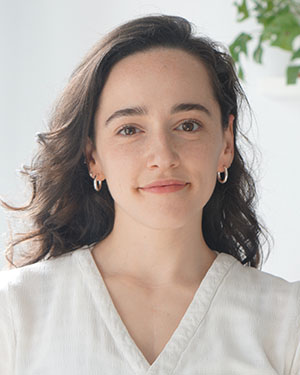
My name is Alana Woolley and I am currently completing my final semester as an OTD student at the University of Wisconsin-Madison. I am privileged to be partnered with OT Potential for my OTD capstone project, which focuses on knowledge translation and how continuing education courses can most effectively impact evidence-based practices in the clinic. My research is aimed at understanding and tackling the barriers that practitioners face when it comes to transforming new information into clinical action, and draws heavily on Universal Design for Learning principles and Adult Learning theory, in addition to classic OT models and frameworks. I am excited to connect and collaborate with OTP members over the course of this project (and beyond)!
My years of working with children and their families as an educator, caregiver, and program leader are what led me to the field of OT – and I am excited to build my practice around supporting pediatric mental health and familial wellness. Some of my favorite occupations include bike riding, playing board games, and making things with my hands.
Daniel Rortvedt, MS, OTD, OTR/L
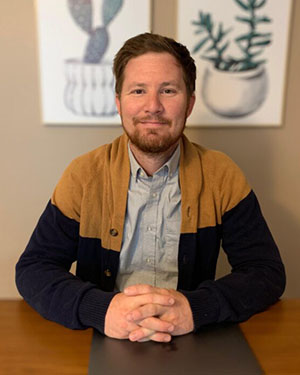
Daniel Rortvedt, OTD, OTR/L is doctoral capstone coordinator and a clinical assistant professor in the occupational therapy program at the University of Wisconsin-Madison. He was previously an assistant professor in the Master of Occupational Therapy program at Elmhurst University. He completed his post-professional doctorate in occupational therapy at Boston University, an MS in occupational therapy at the University of Wisconsin-Madison and BA in English and psychology from the University of Wisconsin-Madison.
He has practiced widely as an occupational therapist and assistive technology consultant. He owned and operated Designed for Access, LLC (2018-2022), providing consultation and training for school districts and organizations with regard to assistive technology and telehealth provision. Daniel serves on the editorial board of WORK: A Journal of Prevention, Assessment & Rehabilitation and holds a part-time appointment in the online post-professional occupational therapy doctorate program at Boston University.
Sarah Lyon, OTR/L

Sarah’s passion is helping fellow OT practitioners translate evidence into daily practice. Sarah earned her BA in religion from St. Olaf College, then earned her master’s degree in occupational therapy from New York University in 2011.
Since then, she’s worked in numerous facilities, including a critical access hospital, an acute trauma hospital, and a state inpatient psychiatric hospital. Sarah is the founder/owner of OT Potential. Read more about OT Potential here.
This course was designed to meet your continuing education requirements
We designed the courses in the Club to meet the requirements for “online” and “independent/self-study” courses. To verify the requirements from your specific state (within the US), check out our post, OT Continuing Education Requirements. If you are outside of the United States and have questions, please contact us.
We are proud to be an AOTA Approved Provider and to meet the requirements for your NBCOT renewal.
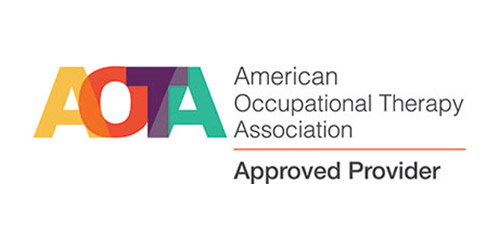
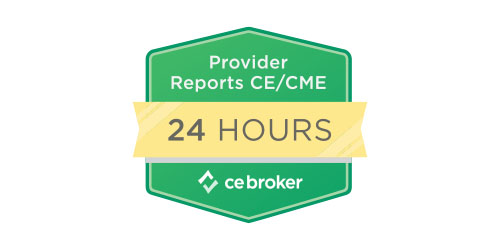
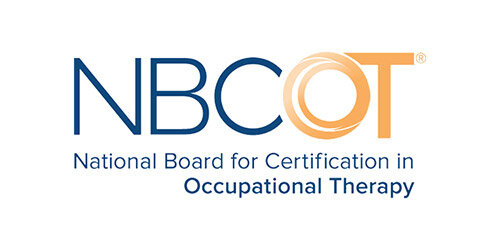
See our other OT courses!
Making the OTD Capstone Matter • OT Potential
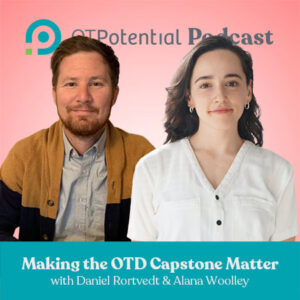
Today we’ll be covering Making the OTD Capstone Matter. We’ll look at new research and discuss it with Alana Woolley & Daniel Rortvedt.
Course Provider: Organization
Course Provider Name: OT Potential
Course Provider URL: https://otpotential.com/
Course Mode: Online
Start Date: 2024-04-04
Duration: 01:00:00
Repeat Count: 5
Repeat Frequency: Yearly
Course Type: Subscription
5

